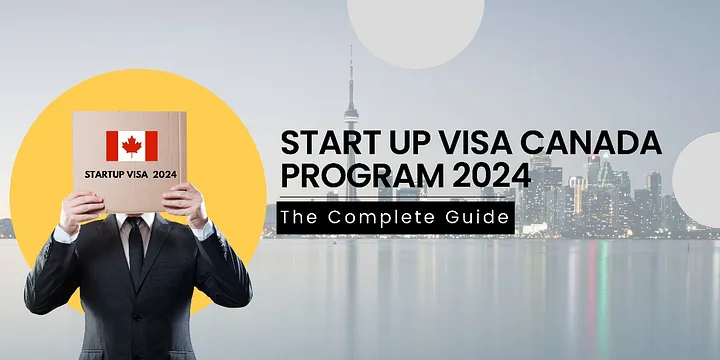Navigating the business immigration process in Canada can be complex, but understanding the steps involved can make it simpler. Here’s a comprehensive guide to business immigration services and the application process:
Overview of Business Immigration Services
Canada offers several immigration options for business people and entrepreneurs, including:
Start-Up Visa Program: For entrepreneurs with innovative business ideas that can create jobs and compete on a global scale.
Self-Employed Persons Program: For individuals who have relevant experience in cultural activities or athletics and intend to become self-employed in Canada.
Provincial Nominee Program (PNP): For business people who want to invest in and manage a business in a specific Canadian province or territory.
Business Visitor Visa: For individuals visiting Canada temporarily to engage in business activities without directly entering the Canadian labor market.
Step-by-Step Business Immigration Process
- Determine Eligibility: Identify the business immigration program that aligns with your business goals and qualifications.
- Develop a Business Plan: Create a detailed business plan that demonstrates the viability and potential impact of your business in Canada.
- Gather Documents: Compile necessary documents, including passport, proof of funds, business plan, and supporting letters or certificates.
- Complete Application Forms: Fill out the required application forms accurately and truthfully.
- Submit Application: Submit your application online or through a Visa Application Centre (VAC), ensuring all documents are included and accurate.
- Biometrics and Medical Examination: Depending on your nationality and visa type, you may need to provide biometric information (fingerprints and photograph) and undergo a medical examination.
- Interview (if required): Some business immigration programs may require an interview to assess your eligibility and intentions.
- Decision: Await a decision on your application from Immigration, Refugees and Citizenship Canada (IRCC).
How Bluethroat Immigration Can Support You
Bluethroat Immigration offers expert guidance and support throughout the business immigration process. Our dedicated team ensures you understand each step of your application, providing personalized assistance to enhance your chances of success.
Ready to explore your business immigration options for Canada? Contact Bluethroat Immigration today to start your journey with confidence.












